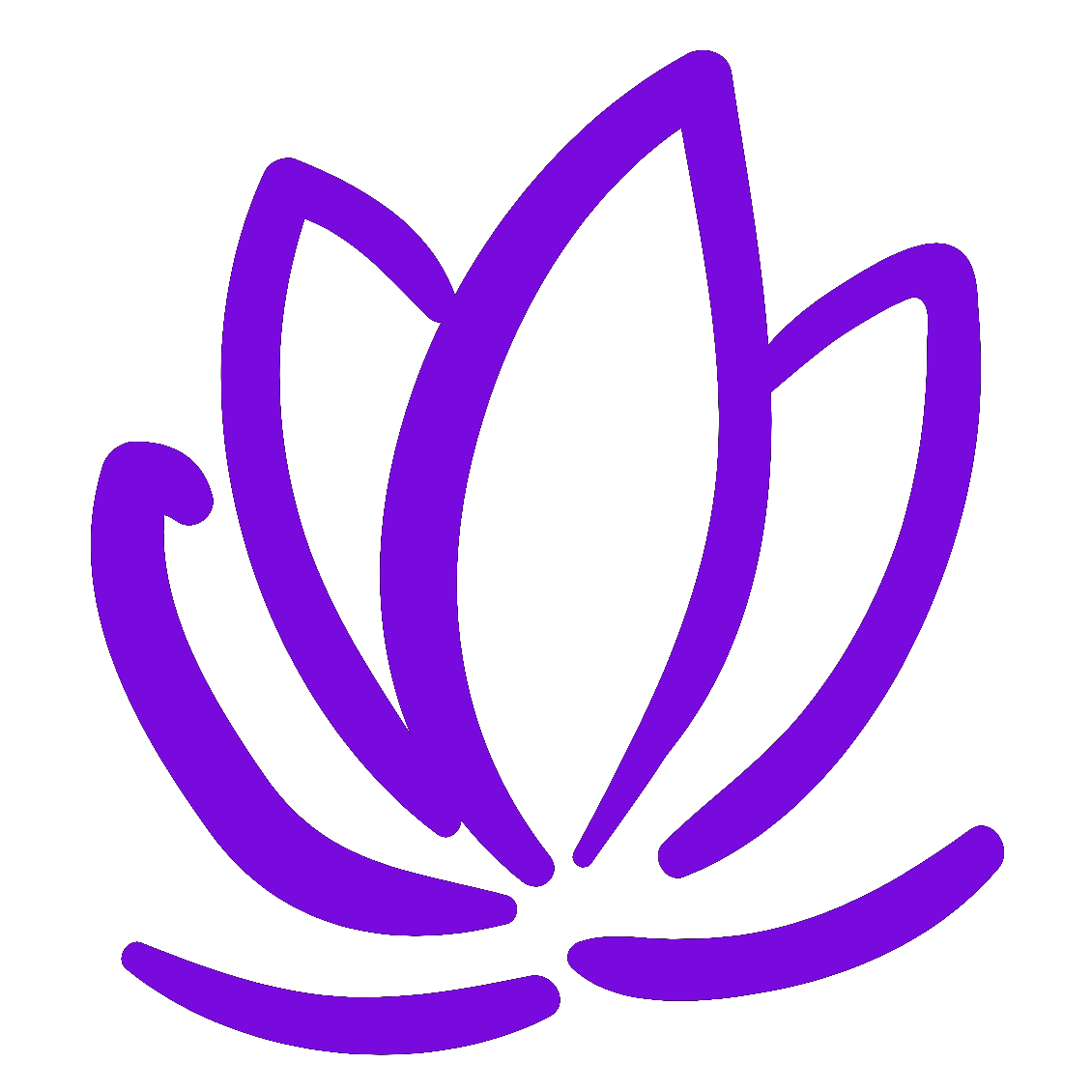We all play a part in healing from the damage of sexual assaults. Whether we know someone who has been victimized or not, strong and healthy relational connections positively impact communal healing. When we spend time creating cultures of consent within partnerships, families, and communities, we are playing a part in prevention of victimization. Let’s look at what this might look like in relationships with someone we know, or in our general communities:
Healing with Someone we Know
The person you know has had a great emotional, physical, and mental injustice occur. You are an integral part of relationship healing after trauma. Therapy for survivors is more than just learning coping skills; they are learning to trust other people again, even those closest to them. Especially if the assault occurred from someone they know, interpersonal healing is at the heart of healing sexual assault trauma. Here are some tips you might want to try:
- Send a text such as “Just checking in to see if you need anything, but no pressure to respond” to create emotional safety without coercion to engage
- Try the phrase “Would it help to have some space today or would you like me to be nearby?” to create the opportunity to assert their needs
- Try the phrase “How can I support you in this moment?” to create less pressure around how to cope for the rest of the day
- Utilize acts of service as a non-verbal expression of care if they seem unable to engage verbally
- Work on cultivating your own sense of compassion and patience outside of your relationship with your loved one
Community Prevention Efforts
Community prevention begins with our individual willingness to step into our own spheres of influence. When we use our own privilege and power for common good, we can all exist in a world with emotional and physical safety at its center. Community prevention might look like modeling consent for our children, bystander intervention (saying something if you see something), or having consent education in our local school system.
If you were to step into your own sphere of influence, here are some questions you might consider:
- Can I volunteer time to consent education?
- Can I donate money to consent education?
- Do I have the privilege to get involved in supporting consent education in some way?
- Would I like to consider support of consent education in the people and policies I vote for, if this is a priority to me?
- How does consent education show up in my family system?
- How can I model consent for those younger or less educated than me?
Each time we slow down and attune to each other’s needs, we plant the seeds of prevention. We show the next generation what care looks like in action.
Cultivating Safe Spaces for One Another
As we honor this April’s Sexual Assault Awareness and Prevention Month, let’s remember that healthy consent is more than a a simple “yes”; it’s a mindset rooted in emotional and physical safety. Whether in new connections or long-term relationships, consent invites us to slow down and tune into each other’s needs. Consent also exists outside of sexual contexts and we are all daily invited to participate in everyday consent for one another.
Healing and prevention start with conversations like these, where we center one another’s agency at the heart of decision-making. If you’re navigating consent, boundaries, or looking for therapy for sexual assault survivors, know that Lotus therapists are here with marriage and family therapy support. Healing relationships is our speciality. You deserve relationships where your voice is heard and your safety is honored.


Recent Comments